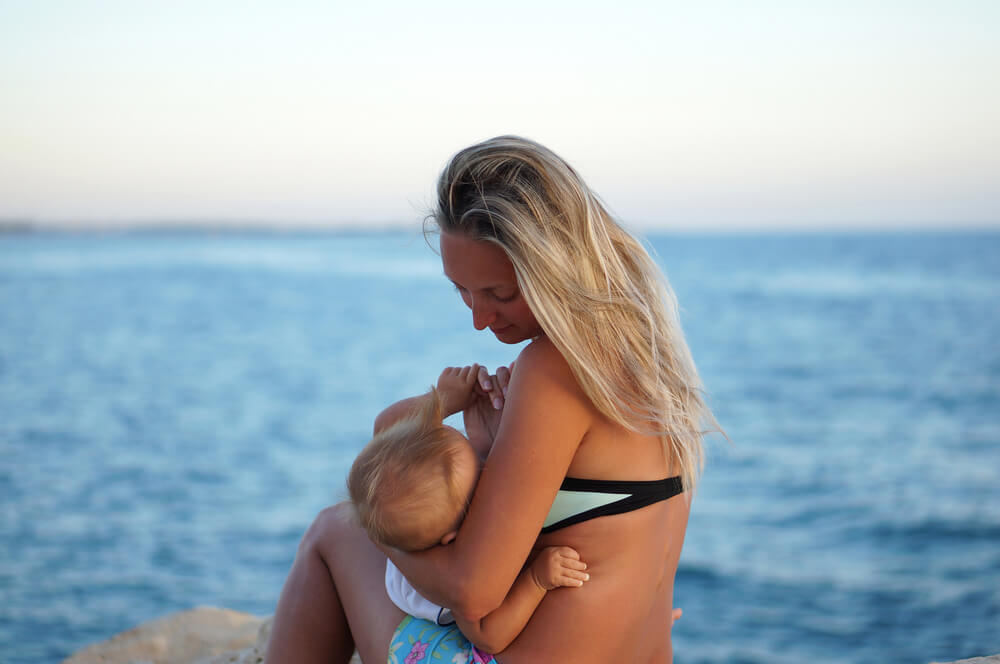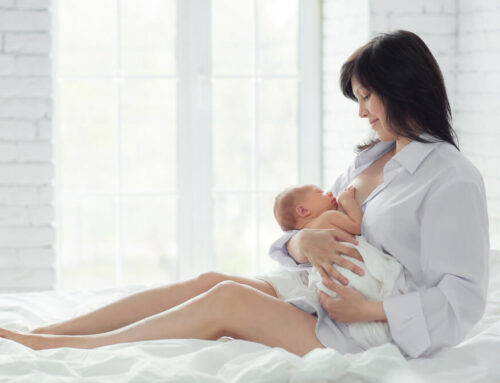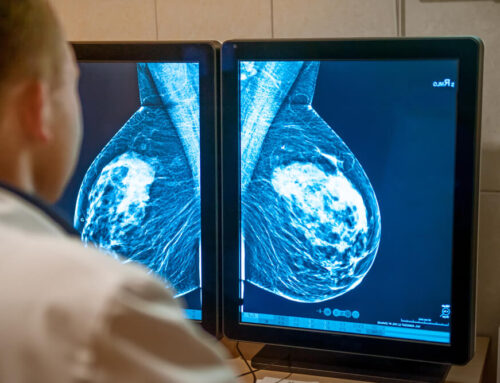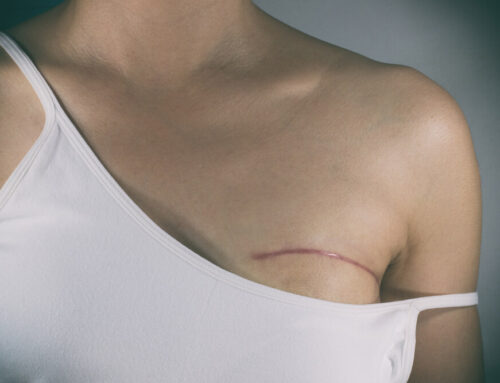Breastfeeding during the hot summer months can be uncomfortable both for the mother and the baby. As a mom, you may have to do some extra planning during this period, so you prevent your baby’s head from sweating while breastfeeding, and you don’t develop breastfeeding exhaustion.
In this article, we’ll describe breastfeeding exhaustion in more detail and explore some tips for moms breastfeeding in the heat. We’ll also mention what you can do if you’re planning on breastfeeding on the beach.
What Is Breastfeeding Exhaustion?
Postpartum fatigue is common in women with depression, anxiety, sleep problems, and those who are breastfeeding.
When you breastfeed, you may feel weak, sleepy, or dizzy, as your body uses 25% of its energy to produce milk and feed your child. This can also lead to a low breast milk supply or an infection, increasing stress levels and affecting your relationship with others.
Some factors that can lead to breastfeeding exhaustion include the following:
- Heat.
- Poor sleep patterns.
- Following a poor diet.
- Anemia.
- Thyroid problems.
- Breast issues, such as mastitis or breast engorgement.
- Lack of exercise.
- Dehydration.

Tips For Breastfeeding In Summer
Keep on reading to learn more about what you can do in summer to breastfeed your baby more comfortably and how you can prevent your baby’s head from sweating while breastfeeding.
Tip #1: Staying Hydrated
We recommend that our patients stay hydrated, as our body loses much fluid when we sweat.
It is best to drink enough water throughout the day, so you don’t feel thirsty. When you feel thirsty, it’s the body’s way of telling you that it requires more fluid intake, and when you’re craving water, your body’s already experiencing fluid depletion.
Women who have just started breastfeeding may notice that they need to drink more often. This is because the body releases oxytocin, a hormone that encourages you to drink more water to stay hydrated and produce breast milk.
In addition, the color of your urine can tell whether you are hydrated or not. For example, if it has a dark color, this means that you’re dehydrated, but if it’s pale yellow or almost transparent, this indicates that you’re drinking enough fluids.
Fluids that can contribute to your fluid intake, besides water, include:
- Cow’s milk.
- Fruit or vegetable juice.
- Soup.
- Vegetables, such as cucumbers and lettuce
- Fruits, such as watermelon and berries
- Decaffeinated coffee or tea.
If you don’t drink enough fluids, you can become dehydrated and can experience some unpleasant side effects, such as:
- Constipation.
- Dry mouth.
- Chapped lips.
- Muscle cramps.
- Nausea.
- Dizziness.
- Headaches.
Also, if you don’t drink enough fluids, you may experience a lag in milk production.
Furthermore, we also recommend avoiding or limiting these liquids when you’re nursing:
- Sugary sodas: These drinks can lead to dehydration and heat stress by putting pressure on the kidneys. What happens is that they reduce the amount of fluid that the body retains. They can also lead to heart disease, type 2 diabetes, tooth decay, and weight gain. If you’re craving a sweet drink, you can add fruits or berries to your drink rather than drinking sugary sodas.
- Caffeinated drinks: Caffeine acts as a diuretic, so it causes the body to lose fluid leading to dehydration. It can also end up in breast milk and cause the baby to experience irritability and sleeping difficulties.
- Alcohol: Drinking a lot of alcohol while you’re breastfeeding can reduce milk production, and in your child, lead to disrupted sleep patterns and a delay in psychomotor skills.
Tip #2: Applying Sunscreen
It is important to apply sunscreen to reduce the risk of skin cancer – This applies to anyone, and we recommend our patients use a broad-spectrum sunscreen with a high SPF, as it protects the skin from UVA and UVB rays.
UVA rays penetrate deeply into the skin and can cause premature skin aging. However, UVB rays can lead to sunburn and skin cancers, such as malignant melanoma.
People should also reapply sunscreen every two hours and immediately after swimming and sweating.
However, we recommend that you engage in outdoor activities early in the morning or late in the evening if you can, as this can help you to limit sun exposure.
In the coming section, we’ll describe where you can find the best nursing covers for summer and how these can be helpful when you’re planning on breastfeeding at the beach.
Tip #3: Choosing Nurse-Friendly Covers
In summer, you should stick to wearing light clothes, and you can also buy a nursing cover if you’re breastfeeding in public. These offer a sense of privacy, and many women feel more comfortable when they’re out in public, especially when they’re new to breastfeeding and are still getting used to the position.
Nursing covers can prevent the baby’s head from sweating while breastfeeding, and this also protects them from the wind and sun.
Nursing covers can be helpful if you’re breastfeeding on the beach, and it is best to choose one that has a light color and breathable fabric.
Furthermore, many companies sell nursing covers, and you can also buy them from an online provider. You can look for the ‘best nursing covers for summer’ online before making a purchase, as you can read other people’s reviews and learn about their experiences using these covers.
However, you can also ask your doctor to recommend some of the best nursing covers for summer if you’re breastfeeding at the beach and help you choose one that fits your budget and style.
That said, you can find these types of covers:
- Apron-style nursing covers: These may remind you of an apron without a waist tie, as they tie around your neck and drape over the baby. Their structured neckline provides ventilation, and you can also see your baby while breastfeeding.
- Wearable nursing covers: These are scarves or ponchos that you can convert into a shield when you need to breastfeed.
- Convertible nursing covers: These are wide fabric loops that you can also use as a car seat cover, a blanket, or a high chair cover.
Tip #4: Wearing Bra or Gel Pads

Another tip that we have for moms breastfeeding in the heat is: wearing bra or gel pads.
Some women feel uncomfortable getting into the water as their breast milk may leak when they wear a swimsuit, which requires them to clean their breasts after getting out of the pool or lake.
Breastfeeding your baby before you get into the water can help, and you can also consider wearing bra pads in your swimsuit or gel pads that stick to your breasts to decrease leaking.
Moreover, you can keep a water bottle and a soft cloth if you still want to clean your breasts after getting out of the pool or lake. Some women rub their breast milk around the nipple and areola as it has antibacterial properties. Don’t use baby wipes as they contain chemicals that your baby can then ingest while breastfeeding.
Tip #5: Being Strategic
If you have an outdoor activity and don’t want to nurse in the heat, you can use a breast pump to pump some breast milk into a bottle.
That said, you can check companies that sell breast milk cooler sets and disposable storage bags, as these are products that a lot of busy mothers find convenient.
Book Your Appointment Today
Breastfeeding in summer can be tiring, especially if you’re a new mother and are still getting used to the feeding positions.
You can follow various tips to help you nurse your baby more comfortably, such as wearing bra pads and staying hydrated.
If you’re breastfeeding and want to learn more about advice and products you can buy and use in summer, call our office at (305) 271-3300 to book an appointment.
We look forward to meeting you at Breast Care Center Miami.






